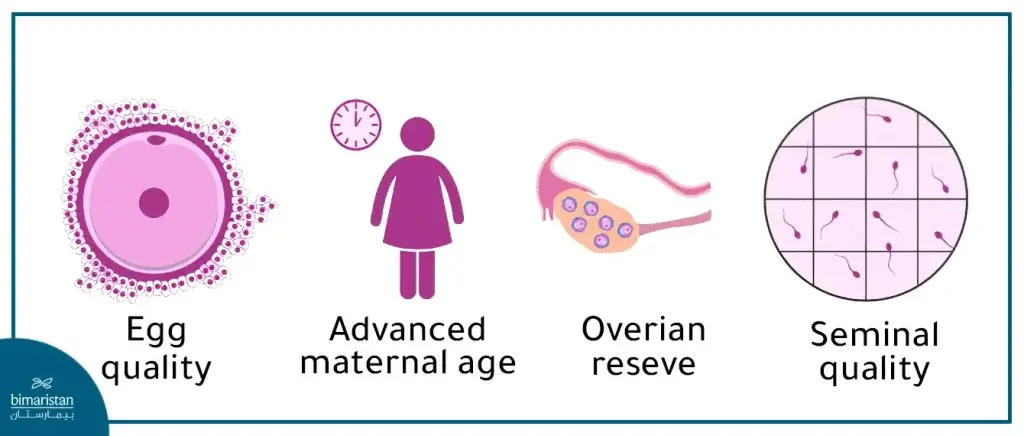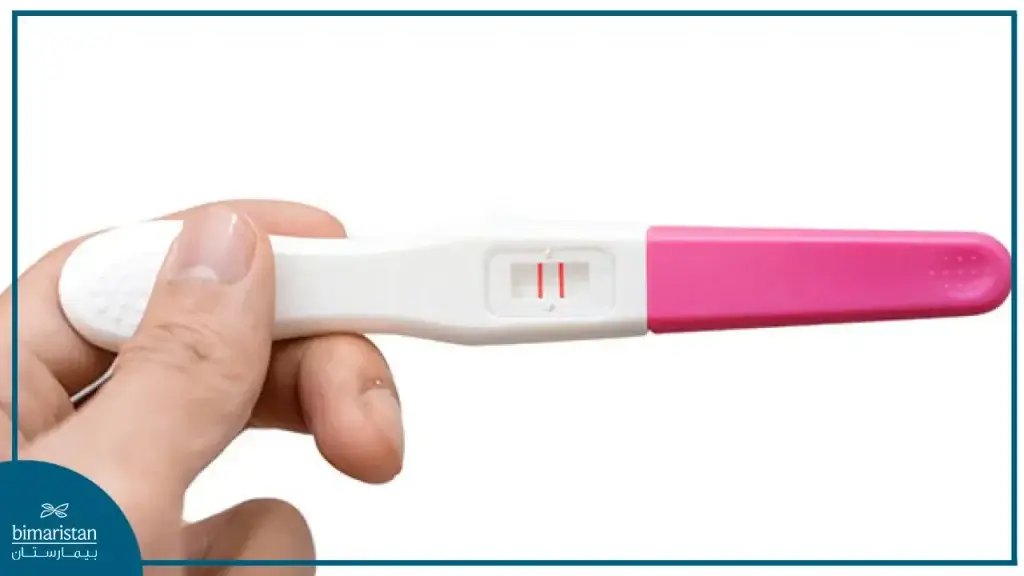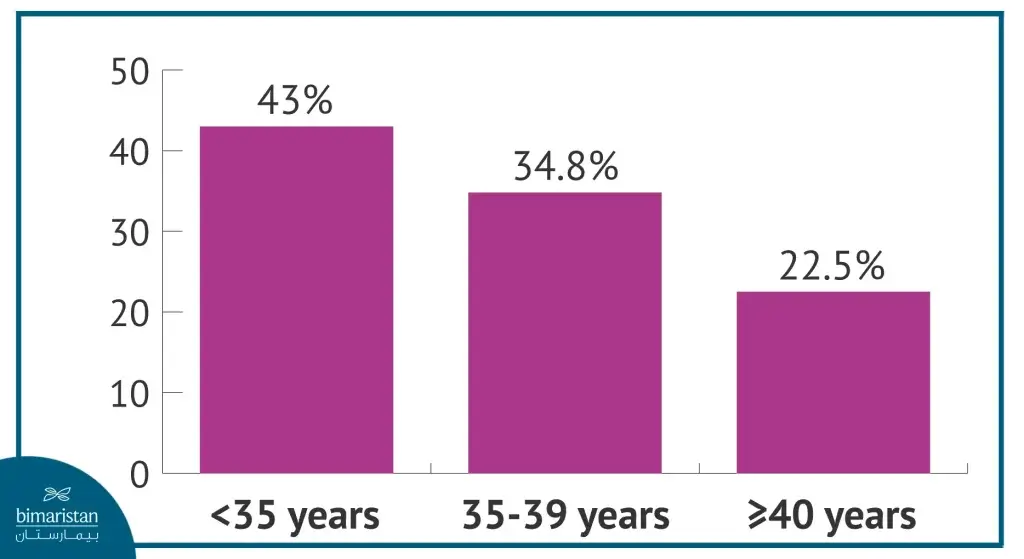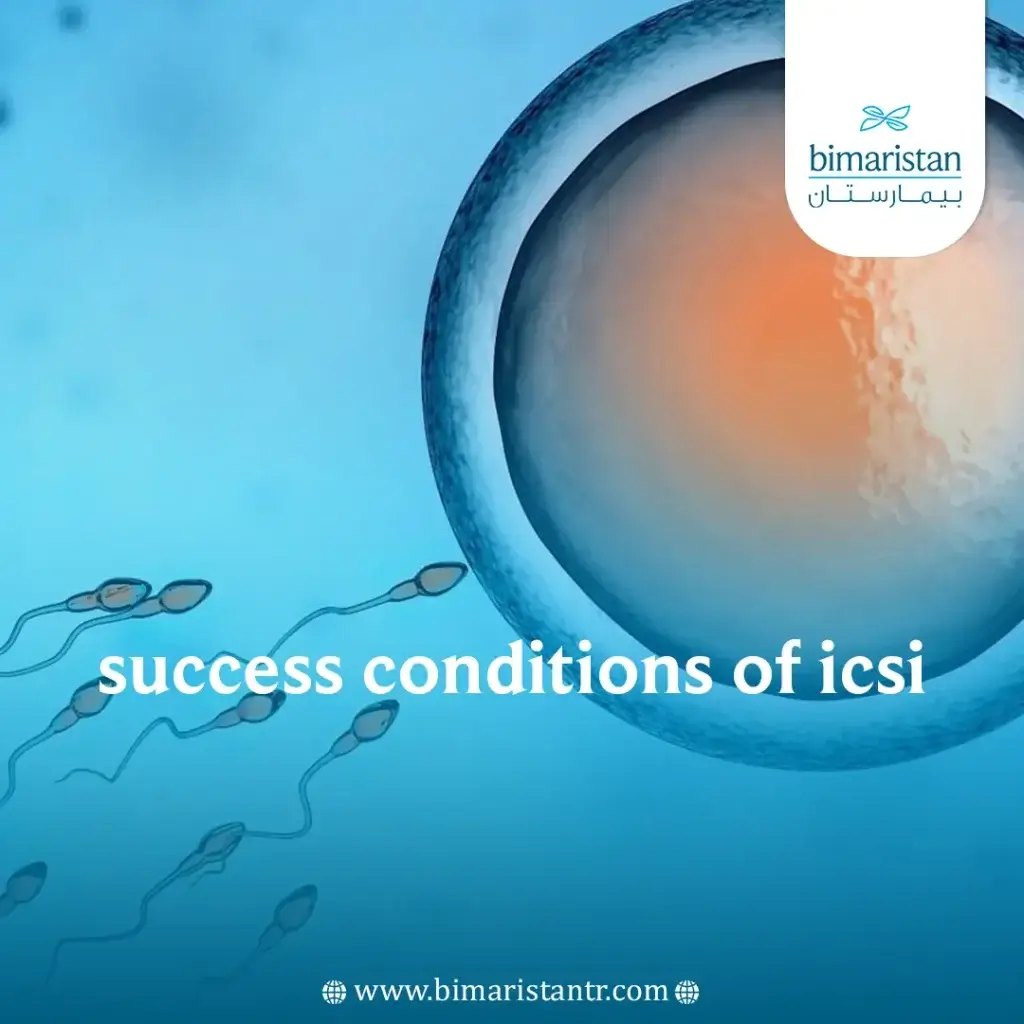In the field of assisted reproductive technology (ART), the process of intracytoplasmic sperm injection (ICSI) has been one of the most promising techniques for treating infertility, as this pioneering procedure has revolutionized male infertility treatments, but what are the success conditions of ICSI and what exactly are the signs? His success?
Understanding the success conditions of ICSI is crucial for couples struggling with infertility. ICSI offers a tailored approach to overcoming infertility challenges, but its effectiveness depends on various factors, including the quality of sperm and eggs, the age of the mother, and several other factors. By exploring the success conditions of ICSI and its rates, individuals gain a clear insight into the likelihood of achieving a successful pregnancy.
Success conditions of ICSI
These factors are among the most important success conditions of ICSI:
Maternal Age
Maternal age is a crucial factor influencing the success rate of ICSI. Statistical analyses reveal varying success rates across different age groups, highlighting the impact of age-related changes on the procedure’s outcomes.
Sperm Quality
A fundamental aspect of ICSI success is the quality of the sperm used in the procedure. Sperm quality encompasses factors such as morphology, motility, and DNA integrity, all of which are critical for successful fertilization. Traditional methods might be ineffective in cases of male infertility, making a thorough evaluation and selection of high-quality sperm essential for improving ICSI success rates.
Egg Quality
The quality of the egg is equally important as sperm quality in the ICSI process. Again, maternal age plays a key role, with younger women typically providing higher-quality eggs that lead to higher success rates. Therefore, interventions aimed at improving egg quality are crucial for the success of ICSI.
Uterine Health
The receptiveness of the uterine lining to the embryo, influenced by factors such as endometrial thickness, hormone levels, and the presence of uterine abnormalities, can impact ICSI success. Additionally, the timing of embryo transfer relative to the woman’s menstrual cycle plays a crucial role in the success rates.
Stress and Mental Health
Mental health is a significant factor in the success of ICSI, as psychological factors like stress, anxiety, and depression can affect success rates. Participating in activities that promote mental and emotional well-being before undergoing ICSI is recommended.
Clinical and Laboratory Factors
The medical team’s experience, the laboratory’s quality, and adherence to the best techniques during the procedure are among the most important success conditions of ICSI. Therefore, choosing reputable centers, such as the Bimaristan Center, which has a long track record of success in ICSI, may improve the chances of achieving a healthy pregnancy outcome.
Other success conditions of ICSI
- Comprehensive Medical Evaluation: Undergoing all necessary medical tests before the ICSI procedure as advised by specialists.
- Healthy Diet: Maintaining a nutritious diet to support overall reproductive health.
- Optimal Weight: Keeping an ideal body weight to improve fertility outcomes.
- Identifying Infertility Causes: Consult with an experienced physician to accurately diagnose the cause of infertility.
- Avoiding Smoking: Eliminating smoking, as it can reduce sperm quality.

Signs of Successful ICSI
After the completion of the ICSI procedure, it will take a maximum of 14 days to discover pregnancy. There are some signs associated with daily changes that may appear in the body after following all the success conditions of ICSI:
What Are the Signs of Successful ICSI on the Third Day?
During the first three days after embryo transfer to the uterus, the patient may experience some mild symptoms, including:
- Light cramping
- Spotting or discharge due to cervical irritation
- Fatigue due to hormonal changes in the body
- Mood swings due to stress and anxiety from the ICSI procedure
It is important to remember that each patient is different; some may experience these symptoms, while others may not experience any symptoms at all.
What Are the Signs of Successful ICSI After One Week?
During the first seven to nine days after embryo transfer to the uterus, the embryo becomes more securely attached to the uterine lining, and some symptoms may appear:
- Nausea, bloating, headaches, and breast tenderness due to hormonal changes in the body
- Bleeding may occur due to the embryo implanting in the uterine lining
What Are the Signs of Successful ICSI After Two Weeks?
Here, the embryo continues to grow and develop as the body produces more hormones to support the pregnancy. Some common symptoms are:
- A home pregnancy test becomes positive
- More changes in the breasts due to hormonal changes
- Nausea and vomiting due to the onset of early pregnancy
- Increased fatigue due to the physical demands of pregnancy and hormonal changes
About 10 to 15 percent of women do not show symptoms after transfer in the first two weeks. Therefore, do not worry if these symptoms do not appear in you.

ICSI success rates by age
The age of the wife is an important condition of the success conditions of ICSI:
- ICSI success rates under 35: Women under the age of 30 often have a higher success rate with IVF, with pregnancy rates often reaching up to 43%.
- Ages 35-37: Women in their late thirties still enjoy good success rates with IVF, typically ranging from 35% to 40%.
- Ages 38-40: The average pregnancy rates are around 30%, as IVF success rates begin to decline slightly.
- Over 40 years old: Due to age-related issues affecting egg quality, women over 40 years old may experience a significant drop in IVF success rates, often less than 22%.

Success Rate of ICSI on the First Try
Undergoing IVF with ICSI generally has a much higher success rate compared to conventional IVF. Typically, ICSI results in the fertilization of 50-80% of the eggs it is performed on. However, it is important to remember that no procedure can guarantee a 100% success rate. Even when sperm is directly injected into the egg, fertilization may not occur.
Tips for Successful ICSI
Here are some tips for women to increase the success rate of ICSI:
- Follow a healthy diet
- Maintain a healthy weight
- Exercise regularly
- Take recommended vitamins
- Choose a reputable clinic for infertility treatment
ICSI represents a milestone in reproductive medicine, providing a lifeline for couples striving to achieve their dreams of parenthood. By understanding the multiple success conditions of ICSI, from sperm quality and maternal age to underlying fertility issues and beyond, individuals can embark on their ICSI journey with confidence and optimism. With guidance from the consultants at Bimaristan Medical Center and a comprehensive approach to treatment, the path to a successful pregnancy can become clearer.
المصادر:
- ReproductiveFacts
- NIMAAYA, Women’s center for health
